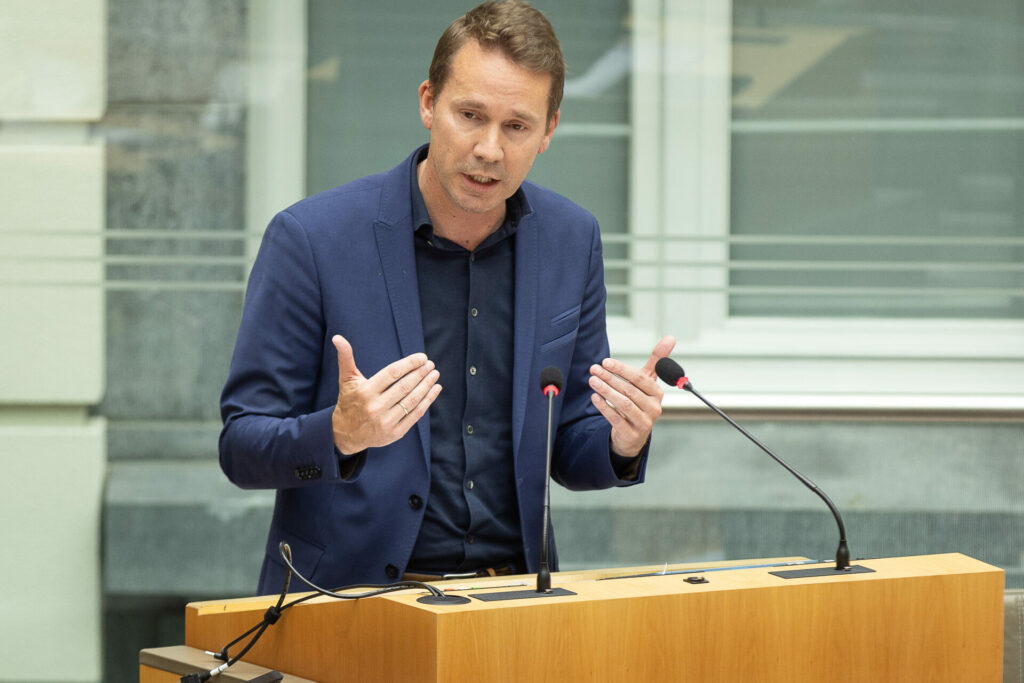High concentrations of 1,2,4-triazole, a byproduct of chemicals often used as fungicides, have been found in the wastewater of De Watergroep, a drinking water company in Ypres, West Flanders.
The company’s emissions significantly contribute to the above-normal levels of triazole in drinking water in the De Blankaart extraction area of West Flanders.
According to Environment and Agriculture Minister Jo Brouns (CD&V), there is “no health risk,” but targeted measures are being implemented.
On 20 December 2024, Minister Brouns allowed De Watergroep a temporary exemption for 1,2,4-triazole, increasing the limit to 1 microgramme per litre, from the European precautionary value of 0.1 microgramme per litre. The minister said the relaxation was necessary to ensure the continued supply of drinking water in West Flanders.
Simultaneously, De Watergroep was given three months to develop an action plan. From this plan, high concentrations of triazole were detected in the Ypreslee, a vital watercourse in Westhoek.
Recent samples reveal elevated levels of 18 microgrammes of 1,2,4-triazole per litre in the company’s wastewater discharge. “This discharge significantly contributes to the observed exceedance of triazole in De Blankaart,” the ministry stated.
There are no health risks and the area's tap water is “perfectly safe,” but additional measures are being taken with the company by the Environmental Inspection department, Minister Brouns said.
Brouns aims to reduce the temporarily permitted level of triazole in drinking water from 1 microgramme per litre back to the normal 0.1 microgramme per litre.
Besides his actions with the affected company, the environment minister is taking further steps. He has contacted the relevant ministers in Wallonia and France on the findings in the border region.

